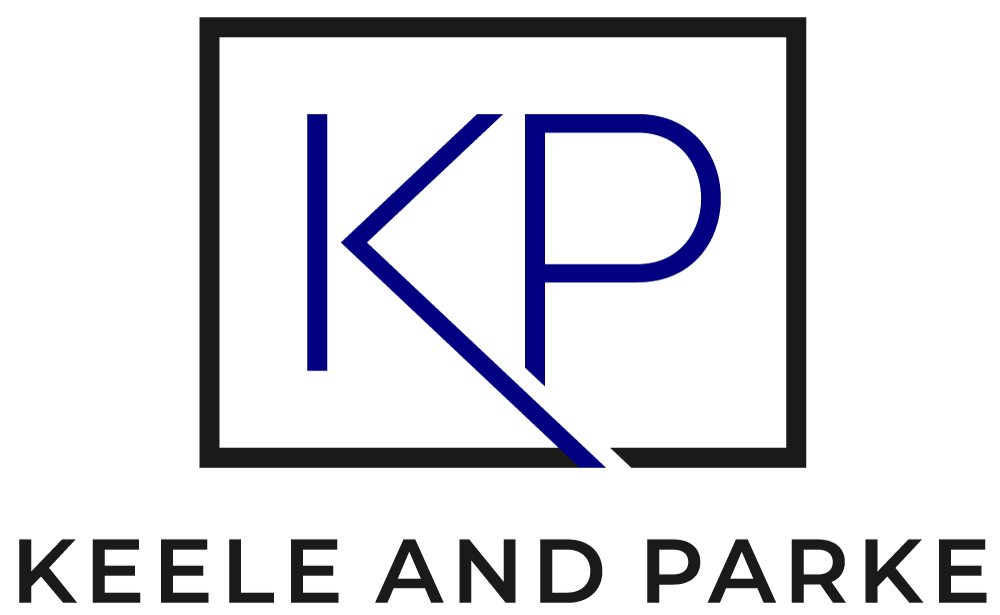If a court of law determines that a guardian or conservator is necessary, the suggested individual is appointed through a court order.

Disability Planning
Life is full of unexpected situations and events, and these unforeseen instances can change your life trajectory. When these circumstances arise, there are many components to account for, which can often feel overwhelming.
Disabilities of all varieties affect millions of people across the world. Not only does having a disability affect daily tasks and activities, but it can also create legal obstacles, leaving people feeling more burdened than necessary. Whether from an inborn or acquired disability, individuals are often left without the full capability to care for themselves.
At Keele and Parke, we aim to help create a comprehensive disability plan to help you and your family avoid obstacles during trying times.
Supplemental Needs Trusts (Special Needs Trusts)
A trust is a legal arrangement that protects and transfers money and assets from one party to another. It allows a party (the grantors) to maintain complete control over their assets and distribute them accordingly upon their passing.
Simply put, a supplemental needs trust (sometimes referred to as a “special needs trust” or a “supplemental care trust”) allows those with disabilities to maintain the benefits of government aid programs by allocating money and assets to be owned by a trust rather than an individual.
The main goals and benefits of a supplemental needs trust are as follows:
- Provides inheritance benefits to disabled individuals (subject to restrictions) without disqualifying them from needs-based government benefits.
- Protects trust assets so they do not qualify as available resources for public benefits calculations to the beneficiary.
- Accounts for items not paid for under government benefit programs, such as food, clothing, and shelter.
Many government aid programs require that all assets be spent down to a certain level before the government is willing to offer assistance. However, this obstacle can be avoided with a supplemental needs trust. These programs may include:
- Social Security Income (SSI)
- Social Security Disability Insurance (SSDI)
- Medicare
- Medicaid
- Subsidized housing
- Food stamps

A supplemental needs trust allows for a trustee, an independent party, to be appointed to assist in decision-making, asset control, or other areas of need. The trust provides protection to the beneficiary (the recipient of the assets) and ensures that the trustee makes all decisions in the beneficiary's best interest. While the trustee's primary role is to manage the estate, the trustee can also be granted durable power of attorney to act on behalf of the beneficiary in certain situations, such as signing legal documents or releasing medical information. This is not included in the supplemental needs trust itself, but we can work to include this in your estate plan.

Conservatorships
A conservator is a court-appointed individual who manages finances and personal care on behalf of an individual. They are typically appointed to assist an elderly, disabled, or otherwise incapacitated individual.
A conservator’s tasks may include aiding in making necessary payments such as monthly bills, obtaining a loan from the bank, managing investments, or making other financial decisions on behalf of an individual. All decisions are to be made in the best interest of the person receiving assistance to maintain a good quality of life. Conservators are required to report to the court to maintain accountability for their actions and monitor the individual's well-being.
Guardianships
A guardian is also a court-appointed individual responsible for managing the personal and medical care of an individual who has been deemed unable to do so for themselves.
Similar to a conservatorship, an appointed guardian is legally required to act on behalf of an individual in a way that will benefit the person they represent. A guardian is responsible for overseeing any medical care, living arrangements, or education for an individual. Depending on the scope of the guardianship, responsibilities may vary.

Frequently Asked Questions About Disability Planning
How are conservators and guardians appointed?
How do conservatorships or guardianships differ from state to state?
These arrangements can differ significantly regarding procedure, terminology, and legal requirements. Due to differing situations and necessary levels of care, not only can the appointment look different, but the conservator or guardian's responsibilities can also change.
How long does a conservatorship or guardianship last?
While the length of a conservatorship or guardianship varies depending on the case, it can last until the court determines that the individual no longer requires assistance. In some cases, the need is permanent; in others, it is only necessary for a period of time.
Does a supplemental needs trust eliminate the need for a guardian or conservator?
In short, a supplemental needs trust does not eliminate the need for a guardian or conservator. Every situation is different, and we will work with you to find the best fit for you and your loved ones.
